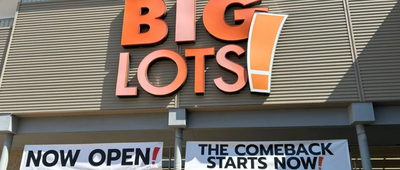A Budding Industry
Marijuana, or cannabis, is now legal for recreational use in 18 states and the District of Columbia, and for medical use only in another 18 — and President Biden has pardoned all individuals convicted on federal charges of simple marijuana possession. But because the stuff is still classified by the federal government as a Schedule I substance, businesses and local governments have largely had to forge their own paths in regulating the long-illicit drug for recreational and medical markets. The product's novelty and complicated legal standing make the marijuana industry like no other.
Related: I Tried Cannabis-Infused Ice Cream – Here's What Happened


















































